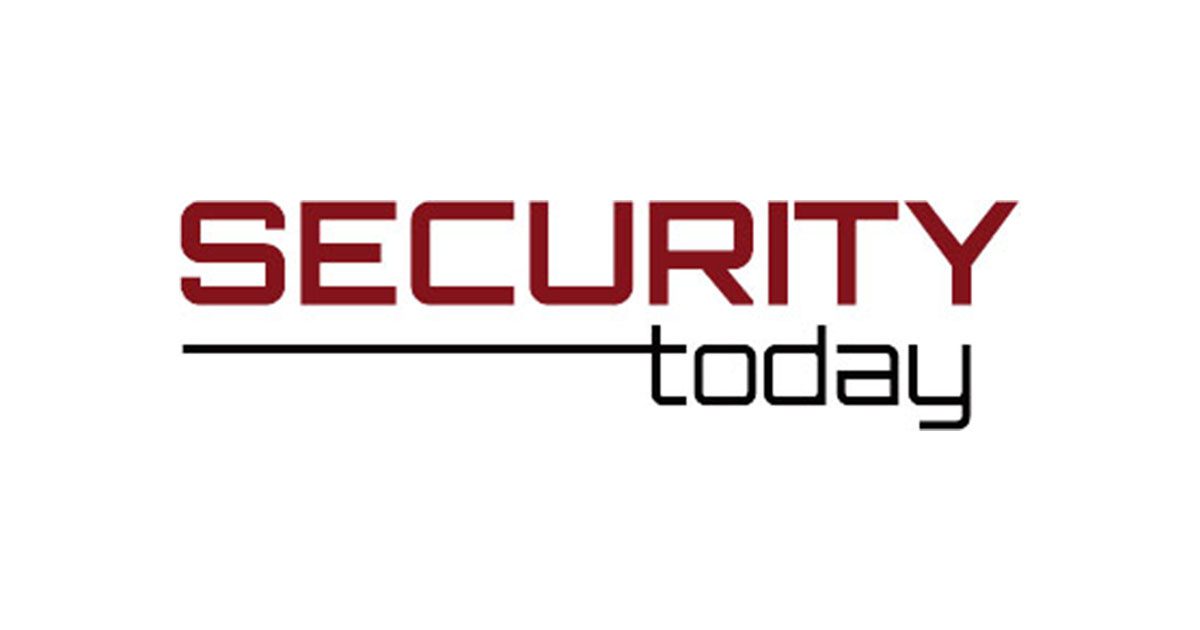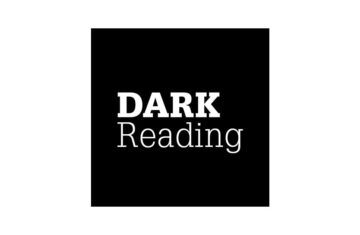
This article originally appeared in Security Today on June 21, 2019.
After three weeks of city data being encrypted in Riviera Beach, Florida, city officials have unanimously voted to pay the hefty ransom to regain access.
A Florida city council voted to pay hackers almost $600,000 worth of Bitcoin to hackers who took its computer systems offline a few weeks ago. The attack was affecting the city’s online services, including email and 911 dispatches. In addition, the hackers encrypted the Palm Beach suburb’s records.
The city has been working with outside security consultants since the hack, and they suggested that Riviera Beach pay the ransom in order to acquire the records. The Palm Beach Post reported that investigators believe the attack began when someone in the police department clicked and email link on May 29 that allowed the hackers to upload malware. The FBI, Secret Service and Department of Homeland Security are investigating the attack. Officials have stated they cannot confirm that paying the ransom will make the hackers release the records.
Mimecast recently reported in “The State of Email Security” that in the last 12 months, 42 percent of organizations in the public sector say ransomware has impacted their business operations. In addition, more than half of organizations in the public sector have experienced an increase in phishing attacks with malicious links or attachments in the past year.
Hackers are realizing that holding data is an effective way to extract money from public and private entities, according to The New York Times.
Usman Rahim, a digital security and operations manager at The Media Trust, said that all businesses need to back up their data and train their employees on how to avoid cyber attacks, as these attacks are becoming more prominent.
“Bad actors are rational,” Rahim said. “They will invest time and effort into attacks that work. Attacking organizations gives them more bang for their buck than attacking consumers. Such attacks are even more lucrative entities that process a lot of information from citizens and businesses.”
A similar ransomware attack hit Baltimore on May 7 and is causing problems with city computers as well as residents’ sewer charges and property tax bills.



